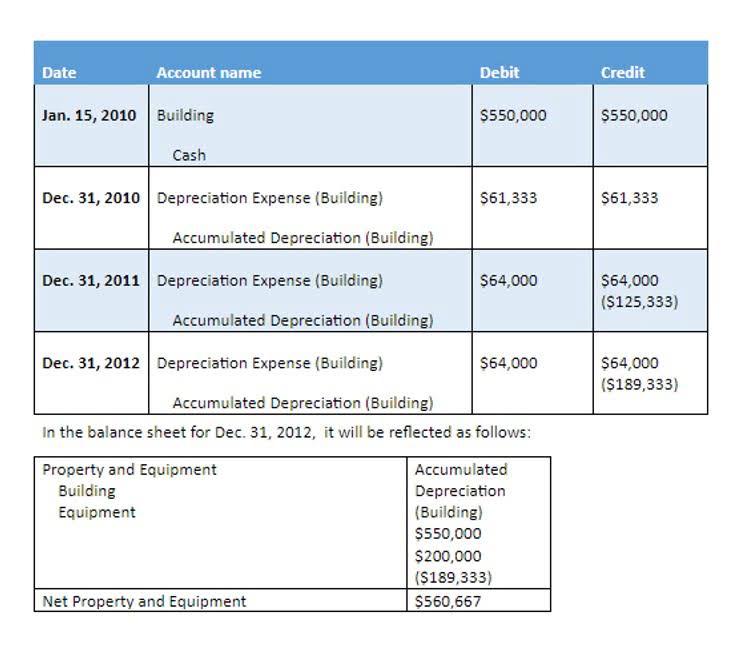
Focus on 5–7 core metrics like ARR, CAC payback, burn rate, and net dollar retention. Pair those numbers with short commentary—what changed, why, and what’s next. This turns reporting into a strategic communication tool, not just data output.

Real Estate Professionals
Closing our pre-seed gave us runway to grow our business — not runway to become experts in QuickBooks and bookkeeping. We have a complete view into our cash position with Pilot, which fundamentally shapes how we think about our product, our company, and where we want to go. Deep integrations with the tools you already use, and a seamless platform for staying on top of everything. Protecting your business from risk is one of the simplest cost-aversion strategies.

How can a startup ensure compliance with data security regulations in accounting?

If you haven’t given much thought to startup accounting, you might feel overwhelmed looking at this list. However, most of these things are easy to maintain, and you can partner with a professional accountant to help you organize and optimize your records. Lastly, a startup accountant should have some knowledge or experience with your industry. Accounting for a new industry has a learning curve, and your startup does not have the time to wait while your accountant learns your industry’s unique needs.
Use an Expert CPA for Your Startup Accounting
Whether you’re handling accounting for startups on your own, using accounting software, or working with an accountant, understanding the basics is crucial. Accounting for startups isn’t just about tracking expenses—it’s about ensuring your finances are in order, spotting opportunities to grow, and avoiding costly mistakes. Accurate ledgers power every other report, so start with startup accounting software that pipes bank, payroll, and card data into a single ledger. Our accounting engine posts transactions in real time, auto-categorizes expenses, and feeds QuickBooks or Xero without manual CSV uploads. A built-in monthly close checklist tracks reconciliations, journal entries, and review sign-offs so founders know the books are sealed on Day 10, not Day 30.
- Read more here about which accounting method is right for your startup.
- E-commerce businesses may be the most complicated among startups, from inventory tracking to managing refunds and returns.
- You get outstanding financial advice and a practical process to achieve even more wealth when you work with your personal New York CPA at Miller & Company.
- Enough about the things that may go wrong for your startup if you choose not to partner with an accountant early on.
- Tax laws in the US are complex, and staying in compliance is an area where you need an expert to guide you.
It may seem like a long time ago, but we were also among the first to require our clients to use cloud accounting software. Our practice is built on best of breed cloud accounting software like QuickBooks, Netsuite, Gusto, Rippling, Taxbit, Avalara, Brex, Ramp and Deel. Technology makes normal balance us more efficient, saving our clients money and letting us offer higher value services like FP&A modeling, 409A valuation, and treasury advice. Our team makes sure you are ready to fly through your next VC’s accounting, HR and tax due diligence. And when you use us as your bookkeeper, we set up and keep up-to-date a due diligence folder so you can get that next round of fundraising.
- We analyze your business model, funding structure, and growth trajectory to develop a tax strategy that minimizes your liabilities.
- If you go for something complicated, there’s a risk that you’ll wind up not using it—or at the very least, not using it properly.
- Here are the things to look out for when looking for an accountant for startups.
- Khatabook is a software development company based in Bangalore, India, that provides a digital ledger app for micro-, small-, and medium-sized enterprises.
- However, unless you’re somebody who has accounting and tax experience, we don’t recommend this approach.
- For example, using cloud-based accounting software like QuickBooks or Xero helps streamline financial tracking, making it easier for startups to manage their finances with accuracy.
The balance sheet presents your startup’s financial position at a specific point in time, outlining its assets, liabilities, and shareholder equity. It provides insights into the company’s accounting services for startups liquidity, solvency, and overall financial health. This report provides a snapshot of the company’s revenues, expenses, and profitability over a specific period (usually monthly, quarterly, or annually).
The term dates back to the olden days when business owners tracked finances in paper books. As your business grows, consider shortening your bookkeeping and accounting cadences even further. Accounting automation software like Ramp allows startups and small businesses to adopt a near real-time approach to managing their books. Current financials allow you to make decisions about billing, spending, and saving based on accurate data. Open a dedicated business bank account and credit card to separate personal and business transactions. This helps simplify tracking income and expenses and is essential for accurate financial reporting.

Scalability Support Services
A startup accounting firm has the expertise to know where you can and can’t make these sacrifices. With the right financial team on your side, you can navigate the constraints of the startup stage to scale into the business of your dreams. In SaaS, income is generated from subscriptions rather than one-off sales. Because of this, deferred revenue components must be included in your income statement and financial reports to Online Bookkeeping boost your profile with investors or banks. This requires accrual basis accounting rather than simple cash basis accounting.
